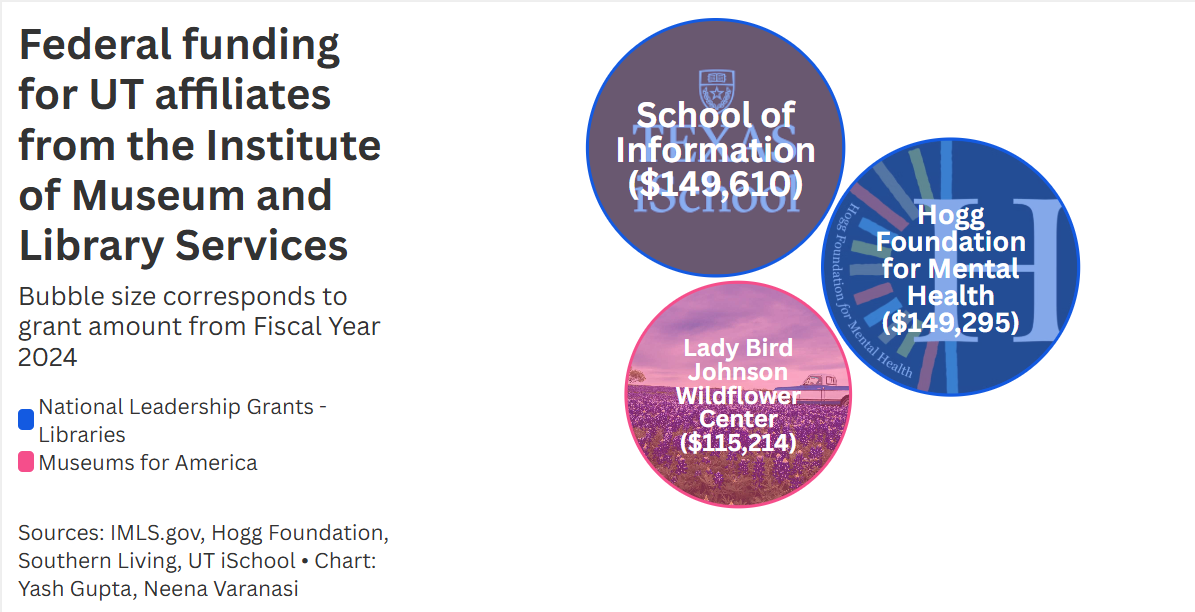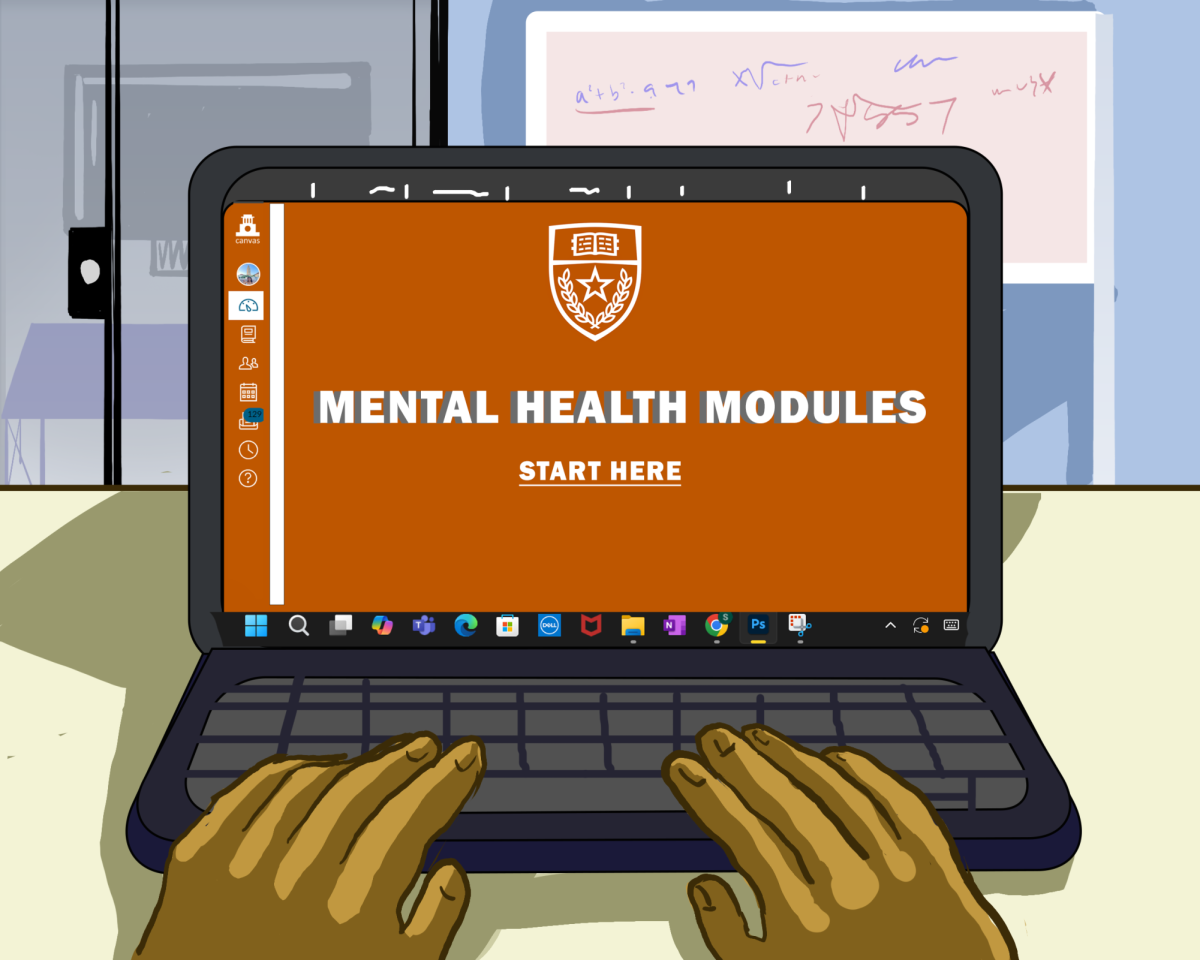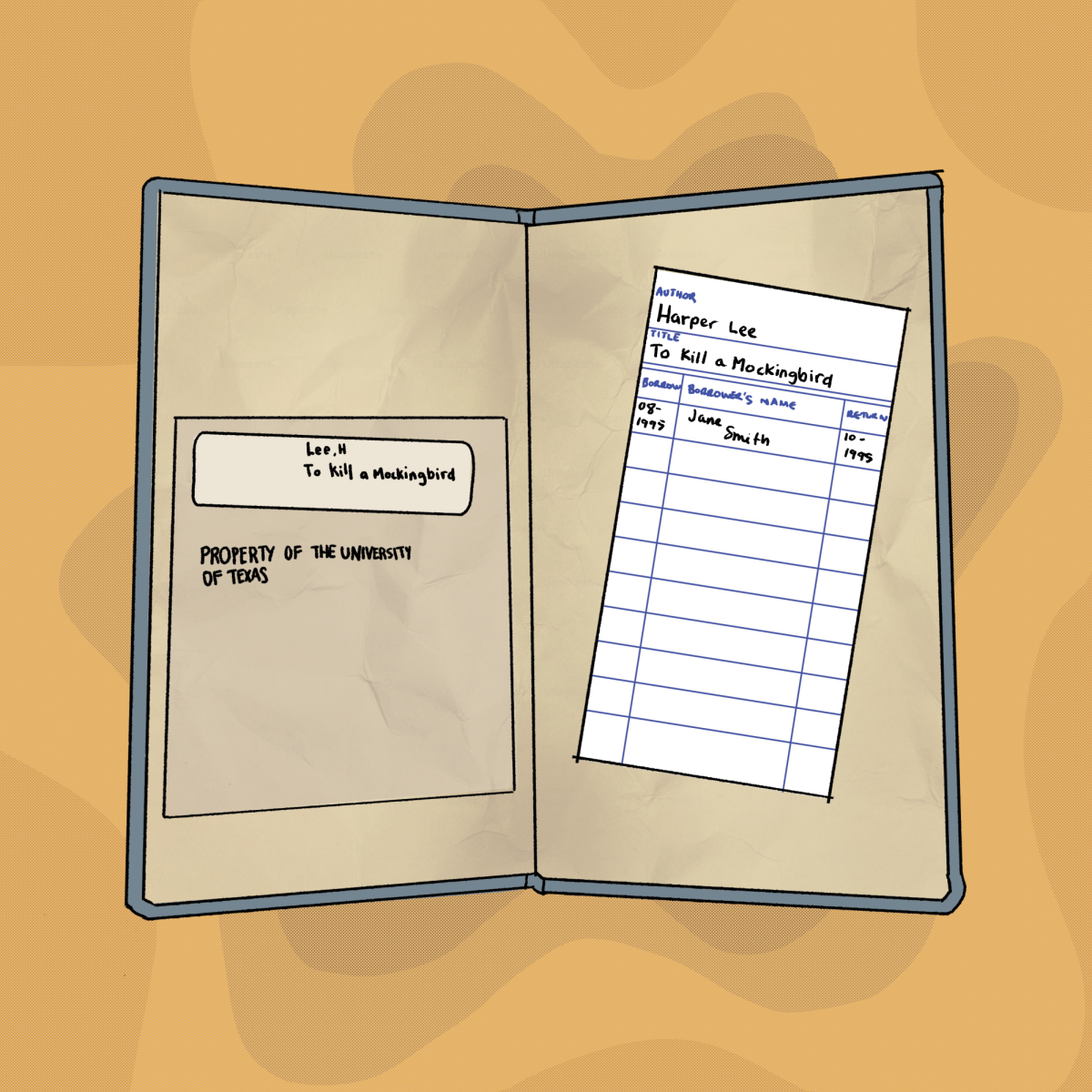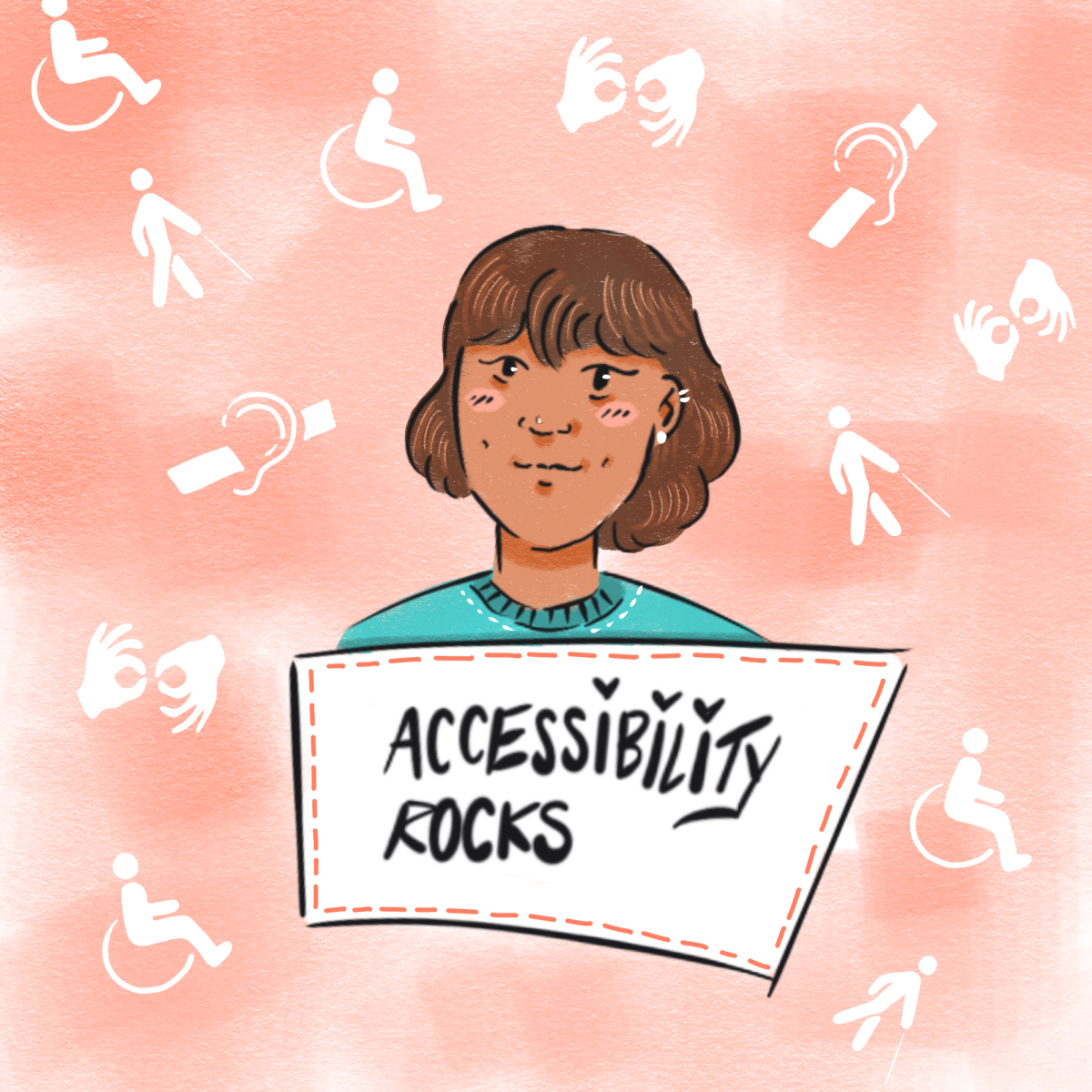Jazmin Campbell has an untreatable autoimmune disorder called stiff person syndrome, also known as SPS. The syndrome causes symptoms such as muscle stiffness, painful contractions and spasms and is most common in individuals aged 40-50. Campbell has received multiple diagnoses of terminal illnesses since childhood. At one point, she was told she only had six months left to live.
All her life, Campbell has been told she wouldn’t make it to adulthood. Now, she is 21.
Today, she is in nursing school, helping others with health issues while she battles her own. Campbell has a story — and Last Writers is helping her tell it.
Brought to UT in 2023, Last Writers is a service organization where student volunteers interview hospice patients over the course of several months to write a memoir that is then printed and given to the patients and their families. The process is intended to bring comfort to hospice patients and create a physical memento for the families, representing their lives once they pass.
“The Last Writers process had a tremendous impact on my confidence and expressing the wish to continue working on fighting the things in life that try (to) hold me back, to keep striving,” Campbell said. “I thank this group so much for taking some of what was in my brain, ready to burst, and pen it on paper into literature of my own.”
Patients connect with their writers as emotional outlets. Co-president Gia Nguyen, an advertising and human dimensions of organizations junior, said the memoirs are gifted as testaments to the patient’s life, but it’s the companionship that is most important to the program. Nguyen said the program is not just valuable for the patients but that these conversations can teach impactful lessons to students, as well.
“It’s not often that you’re a college student and you get to meet someone who is going to pass away in the next few months,” Nguyen said. “To be with them in that very vulnerable point, it gives you a lot of perspectives. A lot of our members come out of it realizing how much they have to live for. … It makes us more grateful in life and puts our mortality into perspective.”
In Campbell’s memoir, which was published last spring, Last Writers co-president Alexia Schwartz narrated her life: her struggles, her accomplishments and every story that made her who she is today.
The memoir-writing process begins with a series of interviews between writers and their patients. Writers typically meet with their patients weekly or biweekly for two to three months before moving on to the writing process.
History junior Dominic Jones, an international exchange student who joined the organization last fall, was nervous going into the first interview. He worried his patient wouldn’t be open or wouldn’t have enough energy to share their whole story. Jones said these worries were resolved as soon as he walked through the door.
“They just open up once you get them talking, and (soon) you’ve got a five-minute anecdote which is just beautiful and tells you so much about a specific time in history, or a specific bit of how the person views the world,” Jones said. “The way you’re welcomed into people’s homes … has been really inspiring, and you feel like you’re making a difference.”
The interviewing process is deeply personal as writers connect to their patients’ stories and allow them to process their emotions. No two interviews will look the same.
Economics and rhetoric and writing sophomore Katilin Hicks was initially surprised to learn that her patient, Mary Bess, is deaf. For the interviews, Hicks and her partner would write their questions on a whiteboard, which Bess would then answer aloud. Hicks said she was grateful for this unexpected element, as it allowed her to learn more about a perspective she has limited access to.
Bess is bedridden, and always talked to her writers about how she wished she could go back into the world, Hicks said. She told stories about the things she’d done and the places she’d visited — Hicks said Bess is grateful to have people to visit and listen to her, to share her story and keep her in their minds.
“For anybody, even if it’s a casual conversation, it’s really nice when someone wants to listen to you and know about your life, it’s a very comforting feeling,” Hicks said. “I think we’re able to give that to her when, most of the time, she doesn’t really get that much interaction.”
Often, writers find that discussing relationships is the most touching part of the interviewing process. Neuroscience and philosophy sophomore Geetika Polavarapu, hospice liaison for the Last Writers, especially enjoyed hearing how her patient, Glenda Kromer, said her daughter was the most beautiful girl in the world. Polavarapu was touched hearing how each member of this family expressed their love for one another.
“Not only did we get to interview her as a patient, but we were also able to interview her family,” Polavarapu said. “It was really sweet to see how her experiences mirrored what they felt.”
Interviews can be emotional, as writers spend hours listening to their patients as they relive their most meaningful stories. Polavarapu said her last interview with Kromer was bittersweet. After bonding over their humor and stories and coincidentally sharing New Orleans heritage, Polavarapu and her co-writer were sad to say goodbye. To thank them, Kromer gifted the writers a pair of yellow and green beaded bracelets. Polavarapu still has hers.
“The most that someone wants from another is to be heard, to have someone to speak to and share their stories with,” Polavarapu said. “Not only are we sitting with people and forming connections with them, but we’re able to document things so that people in their family that never get a chance to meet them can still hear about (them).”
After completing their interviews, writers move on to creating the memoirs. Each writer is paired with a Last Writers officer, who provides assistance throughout the interview and writing process. The memoirs are then printed through Barnes & Noble and mailed to the patients and their writers for free. Funding for printing memoirs is raised through scholarships and managed by the organization’s financial officer.
The memoir remains an important item to Schwartz, whose parents have hung it up in their home. Even though the final product is the physical memoir, the connection she made with Campbell meant the most to her.
“Although the book is amazing to have, and it signifies a huge accomplishment, the connection is the most important thing,” Schwartz said. “You’re doing something for people who need that (support) from you; you’re helping the community, and that can never be forgotten.”




















